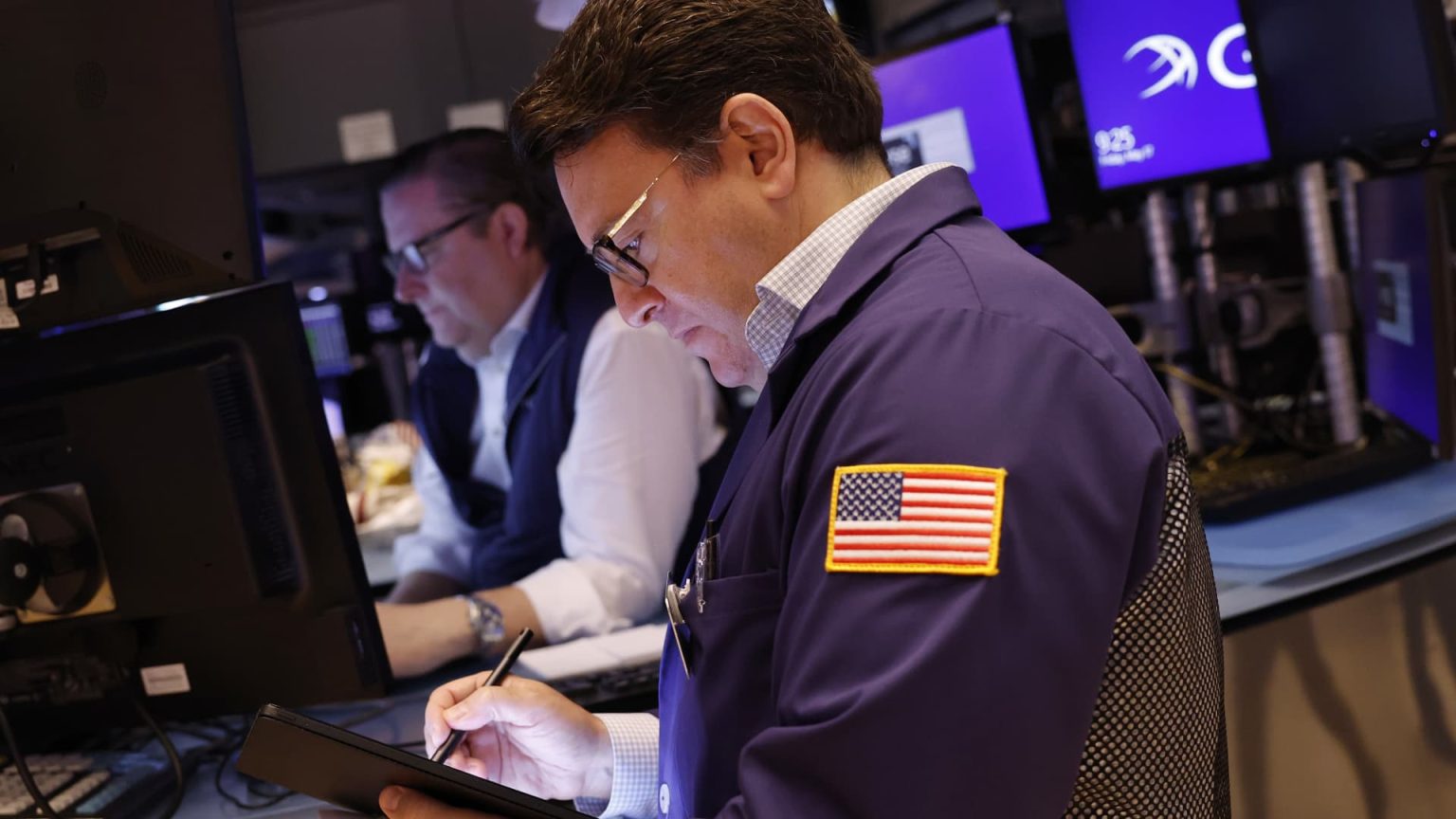David Rosenberg, founder and president of economic consulting firm Rosenberg Research & Associates, identified three primary risks that could curb the excitement surrounding the U.S. stock market. These risks include Federal Reserve policy, the possibility of a surprise recession, and lower-than-expected earnings results from companies. Despite the S&P 500 and Nasdaq reaching record highs and the stock indexes being up approximately 11% in 2024, there are potential threats looming.
One major player in driving the stock market higher has been Nvidia, an artificial intelligence chip maker. The company has seen a 90% increase in 2024 alone and has been instrumental in fueling the recent bull market sentiment. However, with Nvidia reporting quarterly earnings results soon, disappointing outcomes could potentially send the stock market lower, reminiscent of the dot-com crash in 2000 caused by missed earnings from companies like Cisco.
In light of Federal Reserve policymakers raising interest rates to their highest level in two decades, investors are seeing increased returns on cash and money market funds. The uncertainty surrounding when the Fed may begin to lower borrowing costs has left many market forecasters anticipating at least one rate cut by the end of the year. This environment of high interest rates, strong economic performance, and falling inflation has led to predictions of a “soft landing” for the economy.
Amidst all the positive economic indicators, the possibility of an unexpected recession poses a significant threat to the stock market. Economic and geopolitical uncertainties are factors that investors typically fear the most. However, experts at the FA Summit advised long-term investors to resist the urge to panic or make impulsive decisions in response to market fluctuations. The most successful investors tend to remain invested in the markets for the long haul, even during periods of uncertainty.
Carla Harris, a senior client advisor at Morgan Stanley, highlighted the aversion to surprise and uncertainty in the financial markets. Whether it be an unforeseen economic downturn or geopolitical event, unexpected events can have a detrimental impact on the stock market. However, investors who remain patient and focused on their long-term strategies are more likely to weather any short-term storms and come out ahead in the end.
In conclusion, while the euphoria surrounding the U.S. stock market may be tempered by risks such as Fed policy, the possibility of a recession, and lower earnings results, long-term investors are advised to stay the course and not succumb to panic selling. The key to success in the stock market is to maintain a disciplined approach, focus on long-term goals, and resist making hasty decisions based on short-term market fluctuations. By staying invested and remaining patient during times of uncertainty, investors can position themselves for success in the long run.













